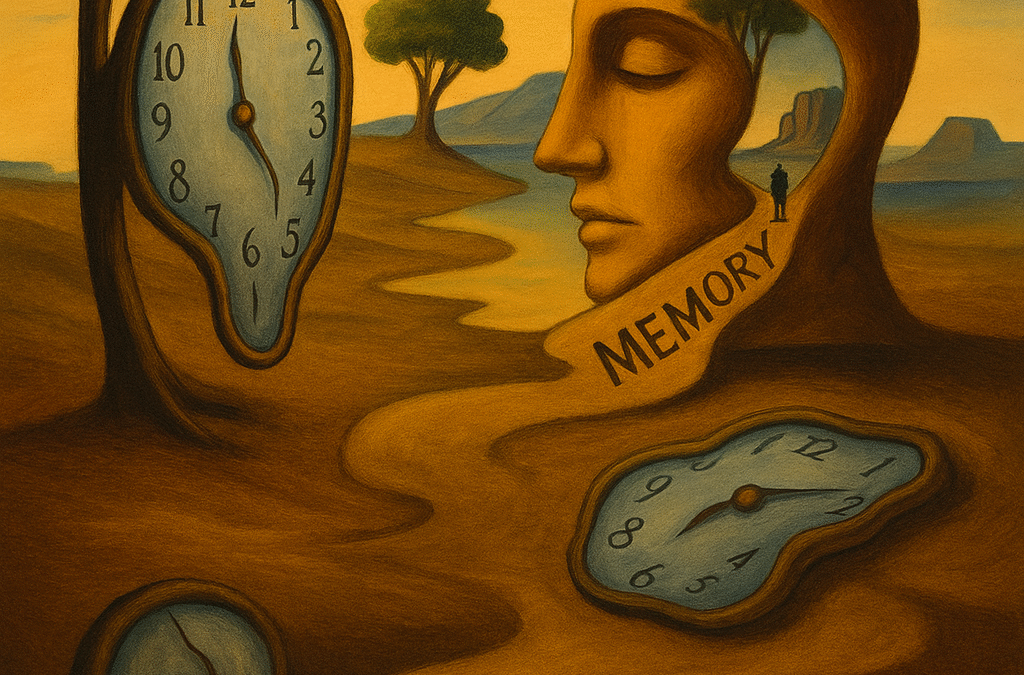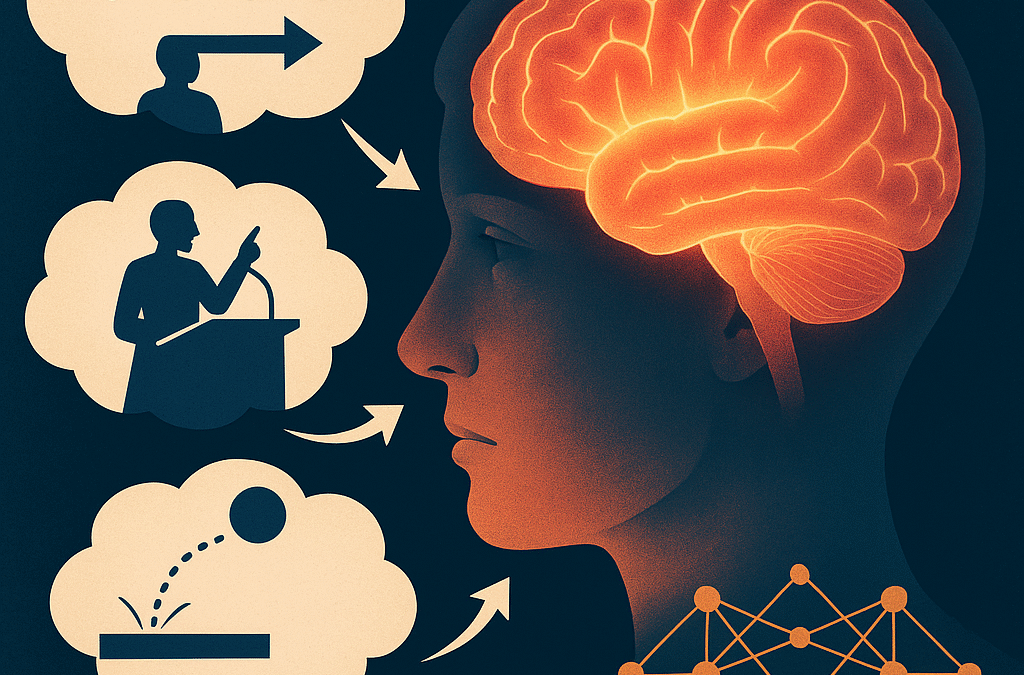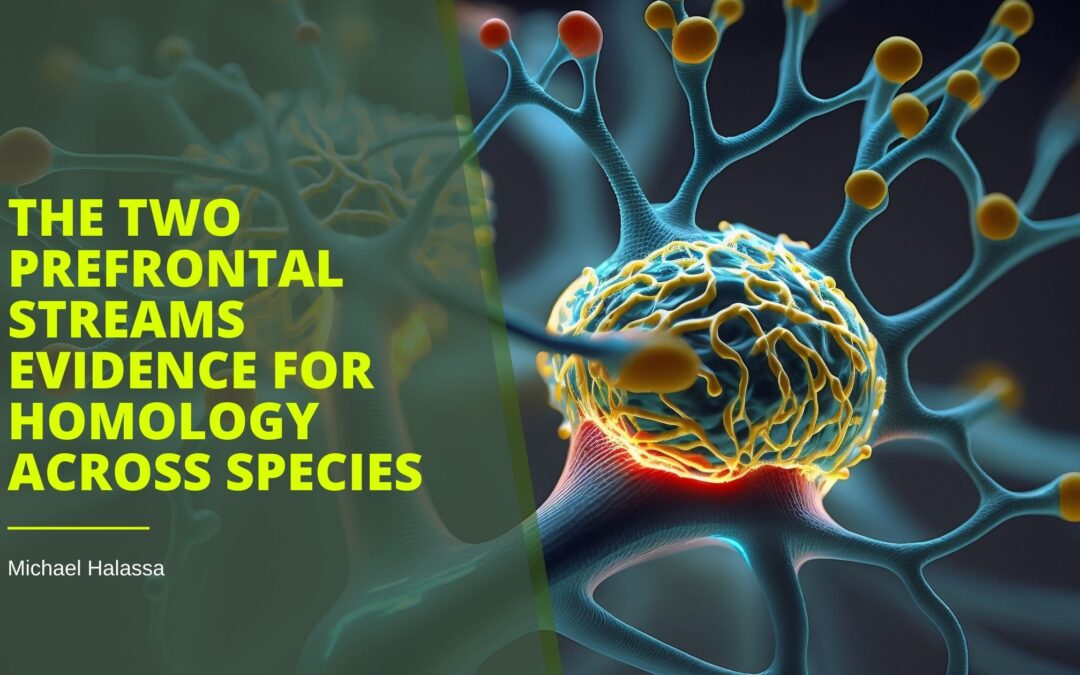
by michaelhalassa | Sep 1, 2025 | Michael Halassa, Neural circuits, Neuroscience, Science, Working memory
Over the past year, I’ve found a new favorite running trail. It winds through woods, follows riverbanks, and slips through an old industrial complex. The scenery shifts constantly, broken into short, distinct segments. I was surprised to discover that the run takes...

by michaelhalassa | Aug 3, 2025 | Cognitive flexibility, Computational neuroscience, Michael Halassa, Neural circuits, NeuroAI, Neuroscience, Prefrontal cortex, Working memory
I’ve always been fascinated by the kinds of thoughts we don’t act on. In psychiatry, they shape regret, resilience, and rumination. In neuroscience, they reveal a deep truth about how the brain handles uncertainty. Every morning when I’m running...

by michaelhalassa | Jul 17, 2025 | Cognitive flexibility, Cognitive Processing, Computational neuroscience, Halassa Lab, Michael Halassa, Neural circuits, NeuroAI, Neuroscience, Science
A mouse can explore a new environment, find food and adapt when the rules change, all using less energy than a lightbulb. Meanwhile, our most powerful computers can solve chess and master protein folding, but still can’t walk across a messy room without crashing into...

by michaelhalassa | Jul 11, 2025 | Cognitive flexibility, Cognitive Processing, Computational neuroscience, Halassa Lab, Michael Halassa, Neural circuits, Prefrontal cortex, Thalamocortical circuits
An Elegant Natural Experiment The study by Mackenzie et al. (2025, bioRxiv) represents a particularly clever approach to understanding human thalamic function. Rather than relying on correlational neuroimaging, the researchers capitalized on an unintended consequence...

by | Sep 12, 2024 | Michael Halassa, Neuroscience, Science
I have recently had the privilege of writing a book chapter with Bob Vertes and Nicola Palemero-Ghallager on the evolution of the frontal cortex. It was an amazing intellectual journey, where I learned a lot from our interactions. The product was a new hypothesis for...






